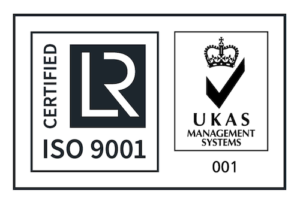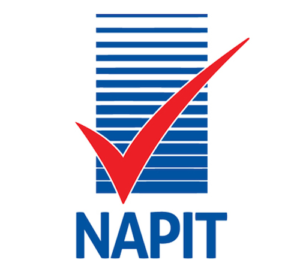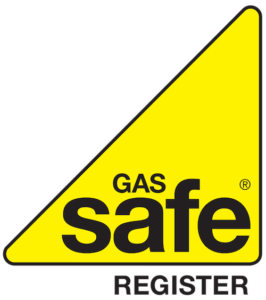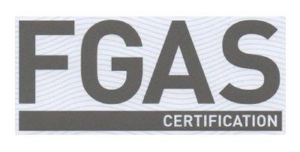Maintaining Low Occupancy and Vacant properties
With more commercial properties still operating with reduced occupancy or even left vacant, it’s imperative that landlords and managing agents keep on top of their statutory compliance and legal responsibilities. These properties can be warehouses, offices, retail spaces, or any other commercial property. Even when vacant, these properties must comply with various statutory regulations and legislation. Maintaining statutory compliance is vital for a range of reasons, including legal obligations, health and safety, property protection, insurance requirements, and reputation.
Legal obligations
Vacant commercial properties must comply with a range of statutory regulations, including building codes and health and safety regulations. Failure to comply with these regulations can result in legal consequences, fines, and other penalties. Therefore, it is essential to ensure that the property is in compliance with all applicable statutory regulations and legislation.
One of the critical aspects of statutory compliance is fire safety. A vacant property can be at a higher risk of fire due to several reasons. Such as electrical faults, gas leaks, or human error. Maintaining fire safety measures, such as smoke detectors, fire alarms, sprinkler systems, and fire extinguishers, can help to minimise the risk of a fire occurring. In addition, regular inspections and maintenance of electrical systems, gas appliances, and heating systems can help prevent hazards that may cause a fire.
Health and safety
Vacant commercial properties can pose various health and safety risks to occupants, neighbouring properties, and the general public. For example, the property may have exposed wires, faulty electrical systems, or gas leaks that can cause harm to anyone who enters the property. It is crucial to ensure that the property is safe and secure, even when it is vacant.
In addition to fire safety measures, other health and safety measures should be taken including; maintaining water hygiene, adequate lighting, locking and securing all entrances, and keeping the property clean and free from debris. Regular flushing of unused water outlets and sample testing is imperative to maintain a healthy water system and any hazardous materials. Especially, if were present in the property before it became vacant should also be removed or stored safely.
Property protection
Vacant commercial properties are at a higher risk of damage from vandalism, theft, and weather-related events. Vandalism can cause damage to the property, including broken windows, graffiti, or other forms of damage. Theft can result in damage to the property and loss of valuable items, such as electrical equipment, plumbing fixtures, or copper wiring. Weather-related events, such as storms or flooding, can cause significant damage to the property.
Maintaining statutory compliance can help to protect the property from these risks. For example, ensuring that the property is adequately secured and protected from intruders can help to prevent theft and vandalism. Regular inspections and maintenance can help to identify and fix any damage before it becomes severe.
Insurance requirements
Vacant commercial properties often require specialised insurance coverage. Insurers may require the property is maintained in compliance with statutory regulations. Failure to comply can result in insurance claims being denied. Therefore, it is essential to ensure that the property is compliant with all applicable statutory regulations and legislation. This will avoid any issues with insurance coverage.
Reputation
Maintaining statutory compliance is also essential for protecting the reputation of the property owner or manager. Non-compliance with statutory regulations can harm the reputation of the property owner or manager. Potentially detering future tenants or investors. For example, a property that has a history of non-compliance with fire safety regulations may be viewed as a higher risk. It may be less attractive to potential tenants or investors.
Conclusion
In conclusion, maintaining statutory compliance in vacant and low occupancy commercial properties is essential to protect the occupants, property, comply with legal obligations. Also reduce any risks to health and safety. Through our national team of compliance managers, in-house engineers and 24/7/365 helpdesk, Phosters are perfectly placed to assist protect and maintain your or your clients properties. Please contact us today and our team would be happy to assist.
















